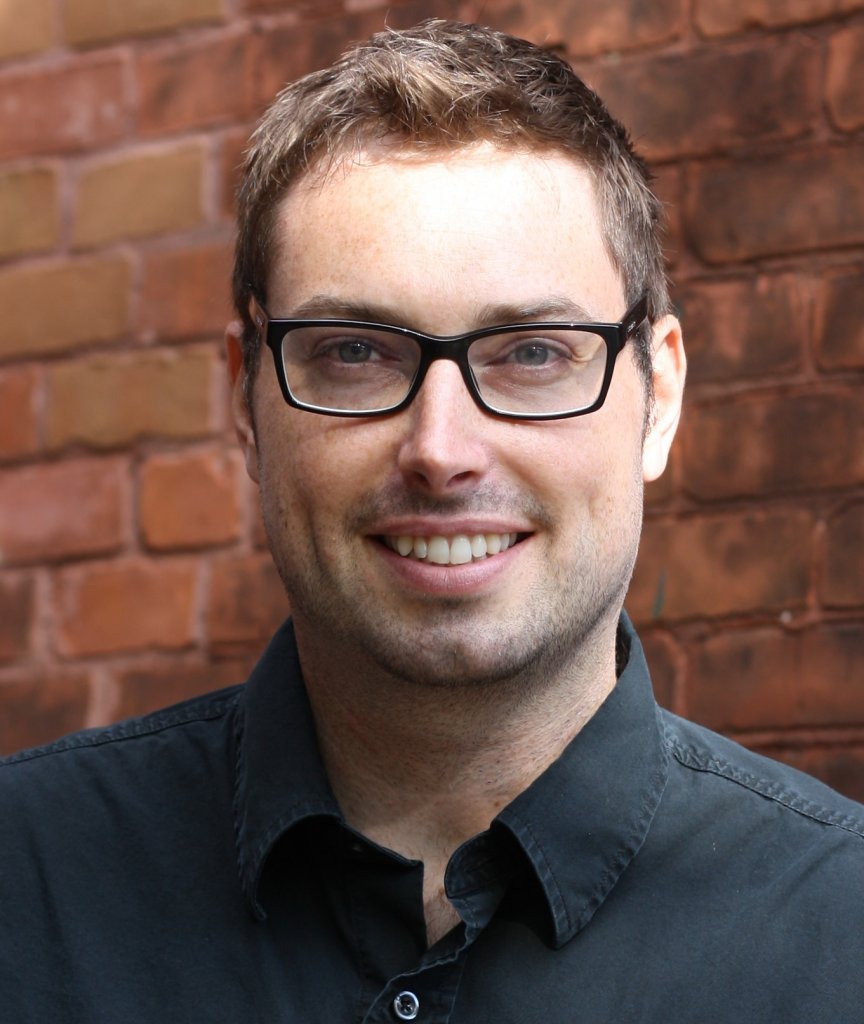Unpublished Opinions
Shawn is a passionate civic organizer, currently serving as the Public School Board Trustee for Capital Ward with a track record of voting against school closures and keeping neighbourhood schools accessible. He is currently the city councilor for Capital Ward (Ward 17).
He was born and raised in Ottawa and has lived in Old Ottawa East and Old Ottawa South with his partner and young son.
Shawn is an ardent progressive who has always brought people together and formed broad based coalitions to improve the lives of people in Ottawa.
Menard: Break up planning committee and bring democracy back to Ottawa City Hall
City Hall belongs to you. City Hall is your building. Council members work for the public and should be tasked with putting the needs of the people first over other demands.
That’s democracy. That’s how democracy is supposed to work.
But you live in Ottawa, so you know that too often, City Hall isn’t a place for people, at least not all people. Too often, City Hall is a place for developers.
We saw this last week when the planning committee completely ignored official plans, community agreements and past promises from developers, approving a large change to the secondary plan in Old Ottawa East. The committee didn’t simply rubber-stamp a developer’s desire to change the plans of a community, re-zone the lands of a university that objected and negate years of work; it once again reinforced the message to community members — many of whom showed up to defend our democratically derived plans — that City Hall is not a place for you.
We should not tolerate this disdain for residents.
That’s why we need to break up the planning committee — creating two separate committees, more representative of the people who were elected to deliberate on their behalf. This would merely be an extension of the existing system at City Hall.
Currently, rural planning issues go to the Agriculture and Rural Affairs Committee (ARAC), while non-rural issues go to planning committee. Building off this model, rural issues would still go to ARAC, but we would have separate committees dealing with issues in the inner wards and those in the outer wards. They would be comprised predominantly of councillors from each committee’s respective area.
This is a question of representative democracy. Currently, only one councillor from an urban ward sits on the planning committee, so residents often must suffer decisions foisted on them by those who never need to ask for their vote. That’s not how government is supposed to work.
Representative government is one significant issue, but we must also eliminate the undue influence of developers so that local democracy can once again be wielded for and by people of Ottawa — all people.
In recent years, we’ve seen the elimination of corporate and union donations during municipal campaigns. This was a positive but insufficient step. Those who run development companies and lobby on their behalf still donate as individuals, to the tune of over $400,000 in total in the last election. Further, when we eliminated corporate donations, we increased the limit of personal donations up to $1,200 — giving the wealthy an extra leg up on other residents.
Developer executives are allowed to make personal donations. It’s legal. But that doesn’t mean it’s right.
Councillors should refuse to accept donations from people directly linked to the development industry. Councillors who do accept such funding should not be allowed to serve on the planning committee. And councillors who do accept money from the development industry should be forced to declare a conflict of interest when developments from their donors come before council.
But it’s about more than money. Developers have the time to lobby and go to court. In fact, it’s simply a part of doing business. They can call, book meetings and just drop by City Hall hoping to influence upcoming decisions.
Residents and community associations have limited ability to do that. They volunteer their time. They take time off work to try to build a better city. They are at a structural disadvantage when it comes to political influence.
When I ran last fall, I asked residents to “fight for your city.” People have taken up this call, but are too often ignored by some on council soaked in developer dollars. Together, we can make them listen.
We are fighting for a more inclusive city. We are fighting for a more democratic city. We are fighting for a city that prioritizes the needs of residents over the profits of developers. I hope you’ll join that fight.



Comments
Be the first to comment